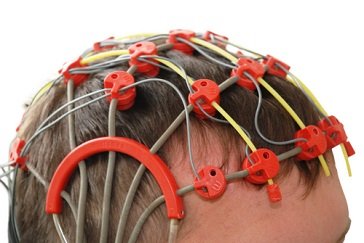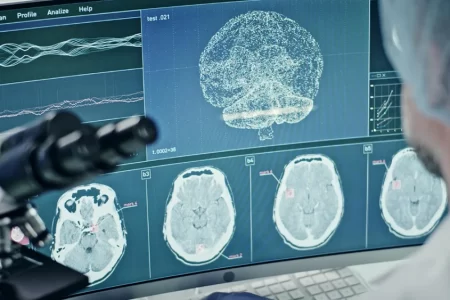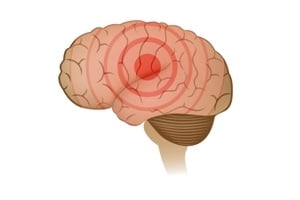Treatment of Epilepsy
- Updated on: Jul 29, 2024
- 3 min Read
- Published on Feb 21, 2021

Treating Epilepsy
Treatment of epilepsy is usually focused on controlling seizures. However, everyone may not be successfully treated for the condition.
Sometimes, it is possible to control your epilepsy and seizures only by avoiding things that trigger your seizures. These triggers may include such as sleep deprivation, drugs, and alcohol.
Some people may need a regular treatment for the entire life. But for others, it may not be so. Sometimes, people experience epileptic seizures during a period of their lives, and then the seizures become not so frequent or completely disappear in older ages. This is commonly seen in cases when seizures first occur in childhood or early adulthood.
When the doctor diagnoses seizures or epilepsy, he will discuss with the patient or the patient’s family about the possible treatments options.
Treatment Overview
If the reason for seizures is brain condition that can be corrected, surgery can possibly stop them. If epilepsy is diagnosed, your doctor may prescribe seizure-preventing drugs or anti-epileptic drugs as well. Anti-epileptic drugs (AEDs) are generally the first line of treatment for epilepsy. According to estimates, 70% of people with epilepsy and who experience seizures are able to control the seizures with AEDs. However, doctors generally do not start AED treatment until you have had a second seizure because the first seizure is not a reliable indicator of epileptic condition. Only in certain cases when the doctor may have ruled out other options using other confirmatory test, your doctor may start AEDs after the first seizure. These tests may include such as:
• electroencephalogram (EEG)
• magnetic resonance imaging (MRI) scan
If drugs do not work, surgery can be another option. However, surgery is recommended only in cases where removal of the portion of the brain that is responsible for epileptic activity would not cause any damage or disability.
Other options of treatment may be special diets or vagus nerve stimulation (VNS). A special diet is mainly used for children whose seizures are difficult to control and they do not respond to medical treatment.
The objective of a doctor is to prevent seizures from occurring again and again and also avoiding side effects so that the patient can lead a normal life.
Anti-epileptic drugs (AEDs)
Most people with epilepsy become seizure-free by taking anti-seizure or anti-epileptic drugs. In some cases, the AEDs are able to decrease the frequency and intensity of seizures. Your doctor will advise you about the appropriate time to stop taking medications.
Most children with epilepsy who aren’t experiencing epilepsy symptoms can be allowed by their doctors to discontinue medications and live a seizure-free and normal life. Many adults are also able to discontinue EDs after a few years without seizures.
However, it is not easy to find the right medication and dosage. It can be too complex. Your doctor will consider your condition, frequency of seizures, intensity of seizures, your age and other factors before selecting the drugs and dosage. He will also review other medications you may be taking, to ensure there are no interactions.
Your doctor likely will initially prescribe a single and a relatively low dosage which may be increased gradually until your seizures are controlled or stopped. All patients do not react in the same way to drugs. Some drugs may benefit one patient, but not another. Even when the right drug is found and taken, it can take some time to find the correct dose. Most of the AEDs are taken orally.
Side Effects of Anti-epileptic drugs
Side effects are common in the treatment of epilepsy with AEDs. But, these effects are usually temporary and short-lived and can go away in a few days.
The side effects you may experience depend on the medication you are taking and its dose. Common side effects of AEDs are:
• skin rashes
• drowsiness or dizziness
• lack of energy and fatigue
• agitation
• headaches
• loss of hair
• unwanted hair growth
• swollen gums
• uncontrolled movements in the body
• loss of bone density
• weight gain
• loss of coordination
• speech problems
Some more serious but rare side effects are:
• depression
• suicidal thoughts
• inflammation of certain organs in the body
• memory and thinking problems











